Warm or Cool season matter when selection of the best grass seed?
compiler
15 years ago
Related Stories
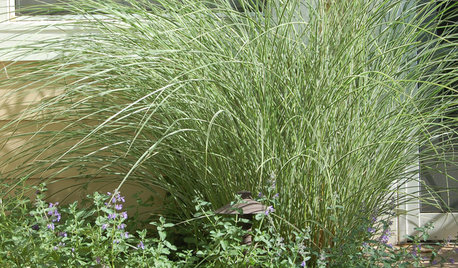
GARDENING AND LANDSCAPING5 Smokin' Warm-Season Grasses
Beat the heat with beautiful grasses that help your landscape shine from summer through fall
Full Story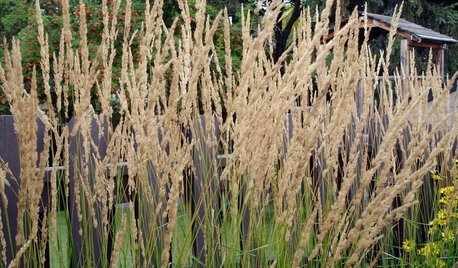
GARDENING AND LANDSCAPING5 Hot Cool-Season Grasses
Chill out this spring with resilient grasses that will kick-start your garden and may just last all year
Full Story0
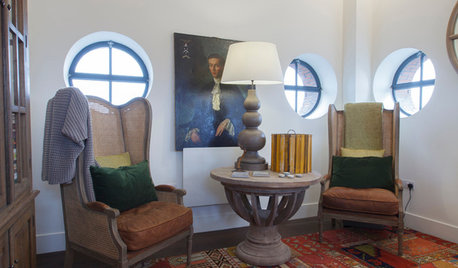
DECORATING GUIDESHow to Choose an Awesome Area Rug No Matter What Your Space
High use, a low door, kids and pets running amok — whatever your area endures, this insight will help you find the right rug for it
Full Story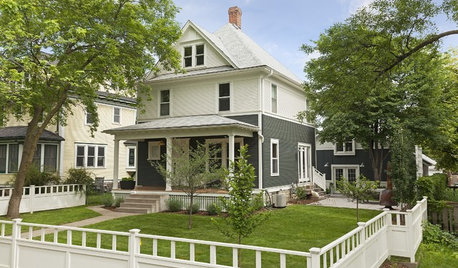
EXTERIORS7 Exterior Makeovers Show How Details Matter
These dramatic before-and-after photos could inspire your own exterior update
Full Story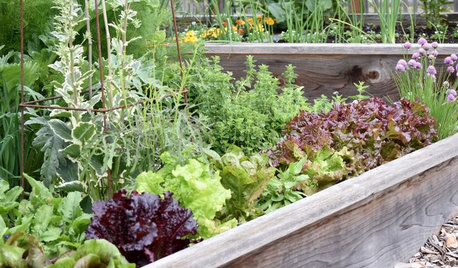
GARDENING GUIDESSeeds or Seedlings? How to Get Your Garden Started
Growing delicious herbs and vegetables starts with knowing your goals and when you want to plant
Full Story
SELLING YOUR HOUSE15 Questions to Ask When Interviewing a Real Estate Agent
Here’s what you should find out before selecting an agent to sell your home
Full Story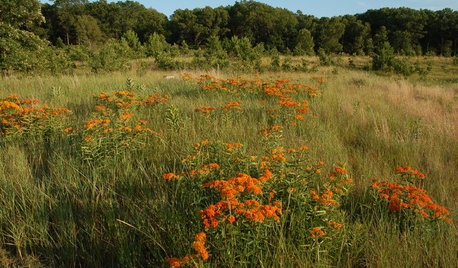
CENTRAL PLAINS NATIVE PLANTS10 Top Grasses for the Central Plains
Low-maintenance grasses provide seasonal interest and wildlife habitat, and aid good design
Full Story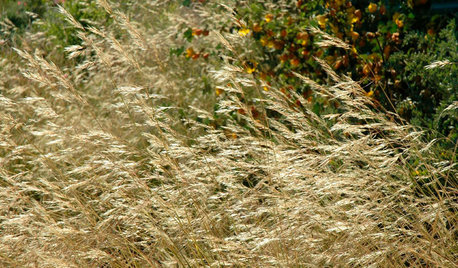
GARDENING GUIDESGreat Design Plant: Purple Needle Grass, California’s State Grass
The long-lived, drought-tolerant Stipa pulchra is as admired for its benefits as for its good looks
Full Story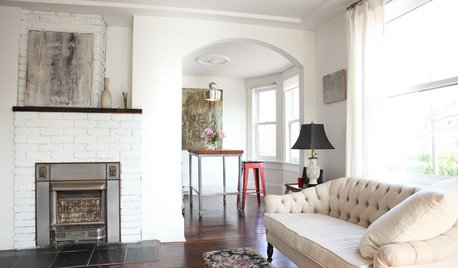
ECLECTIC HOMESMy Houzz: Community Matters for a Canadian Café and Home
Celebrating food, play and life, this formerly run-down corner building is now a neighborhood treasure and a family's haven
Full Story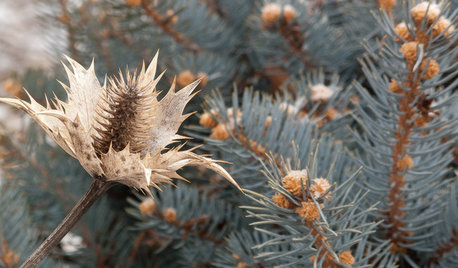
WINTER GARDENINGInspiring Winter Scenes From the Denver Botanic Gardens
Use seed heads, bare branches and grasses to design lovely garden displays when the ground is frozen
Full Story





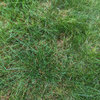
bpgreen
iforgotitsonevermind
Related Professionals
Foothill Ranch Landscape Architects & Landscape Designers · Garden City Landscape Architects & Landscape Designers · Alpharetta Landscape Contractors · Amesbury Landscape Contractors · Barrington Landscape Contractors · Coeur d'Alene Landscape Contractors · Lees Summit Landscape Contractors · Manhattan Landscape Contractors · Santa Ana Landscape Contractors · Irvington Landscape Contractors · Clearfield Landscape Contractors · Charlottesville Swimming Pool Builders · Citrus Heights Swimming Pool Builders · Claremont Swimming Pool Builders · Glenn Heights Swimming Pool BuilderscompilerOriginal Author
iforgotitsonevermind
compilerOriginal Author
iforgotitsonevermind
dchall_san_antonio
iforgotitsonevermind
auteck
compilerOriginal Author
bpgreen
iforgotitsonevermind
compilerOriginal Author
auteck
iforgotitsonevermind
compilerOriginal Author
iforgotitsonevermind
dchall_san_antonio
compilerOriginal Author
bpgreen
iforgotitsonevermind
auteck
iforgotitsonevermind
eagleap_gw Zone 10
iforgotitsonevermind
eagleap_gw Zone 10
iforgotitsonevermind
bpgreen
iforgotitsonevermind